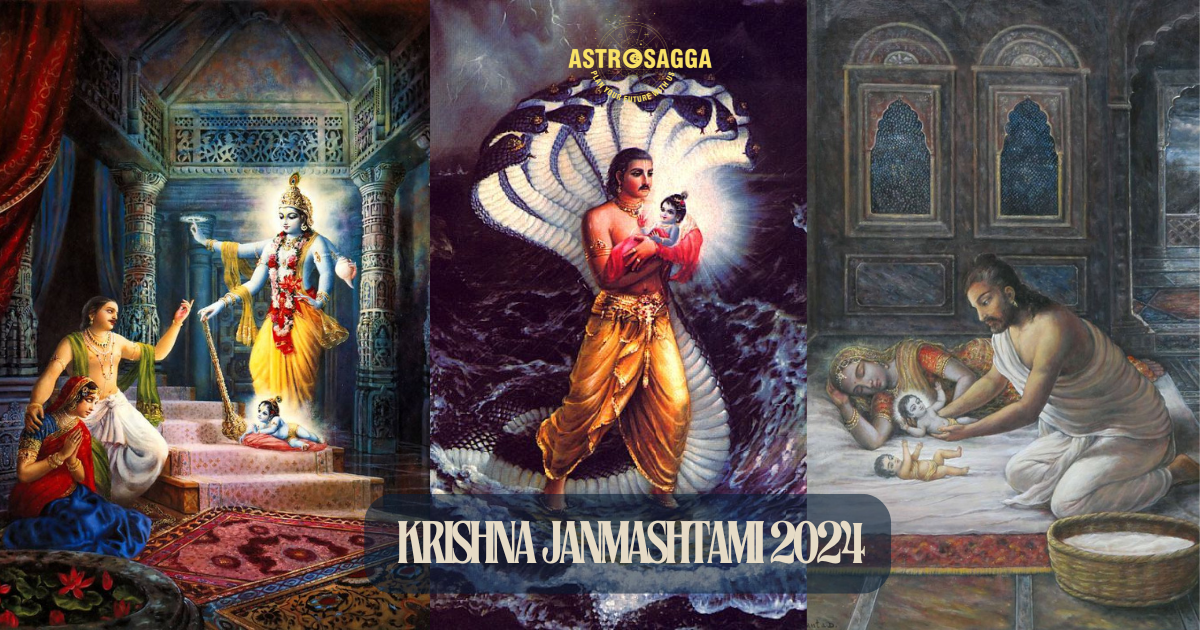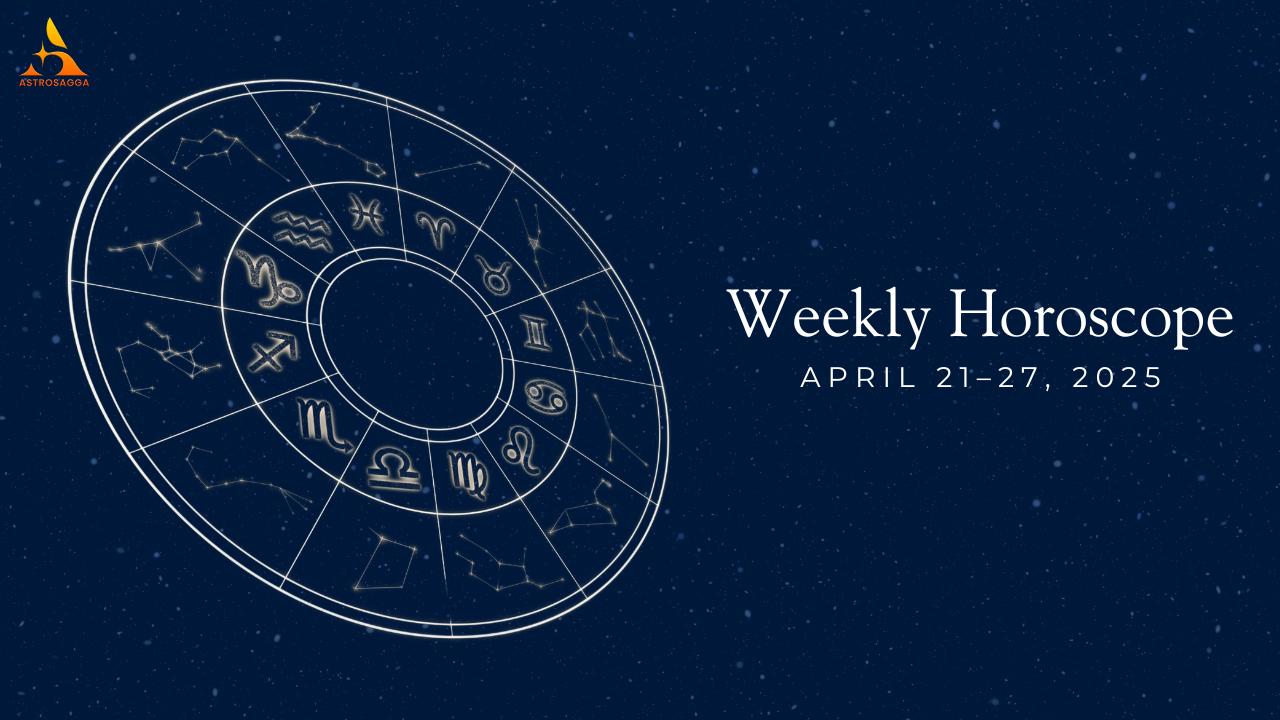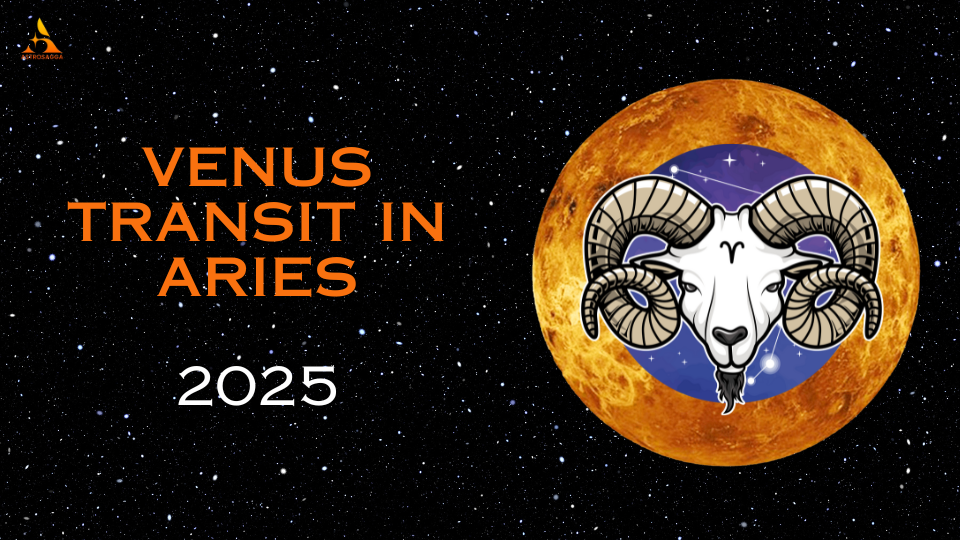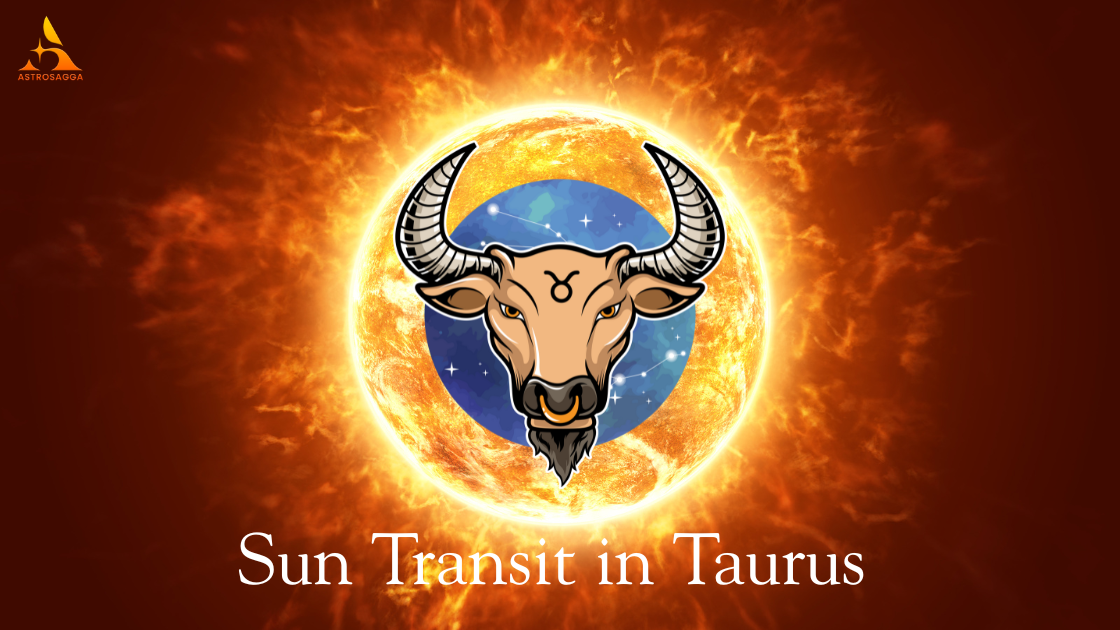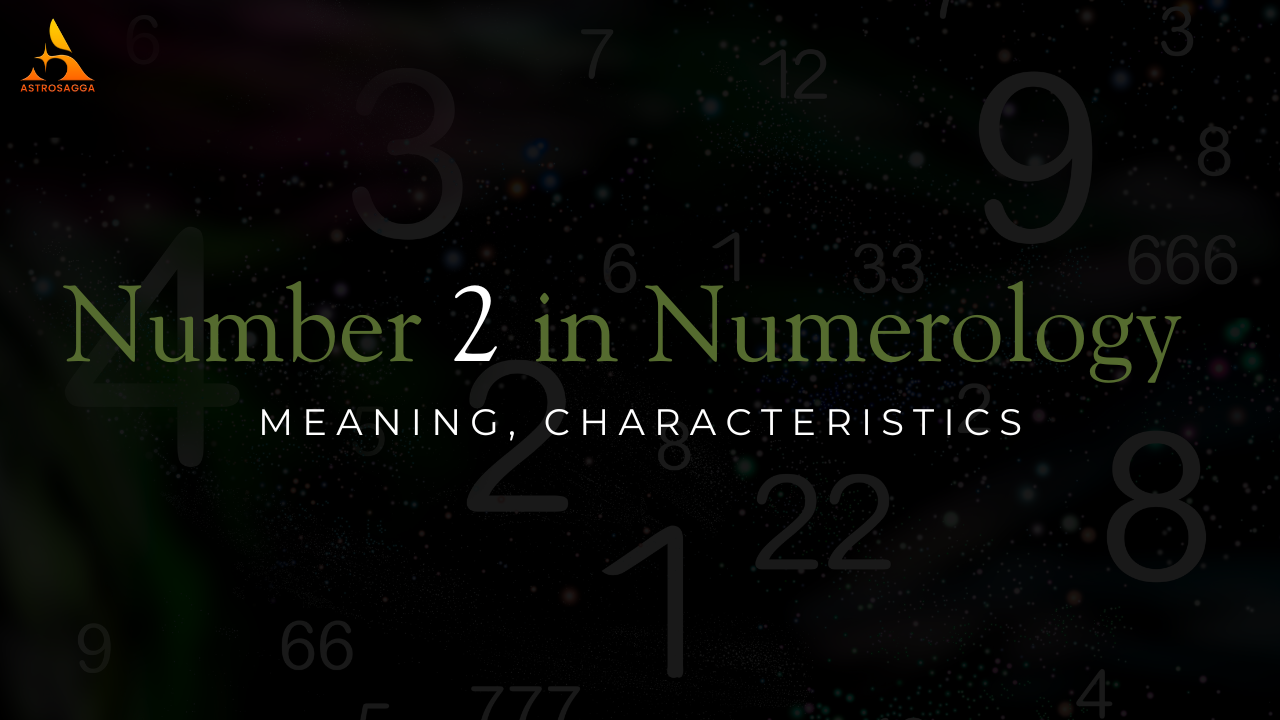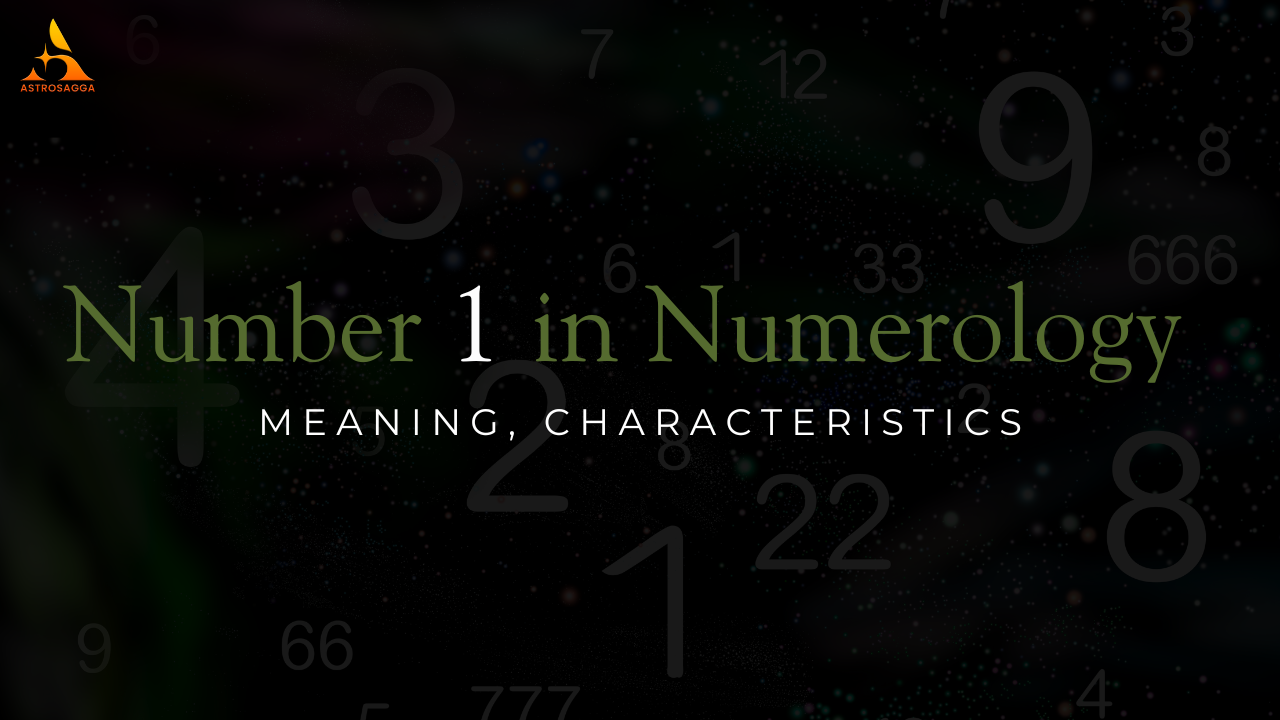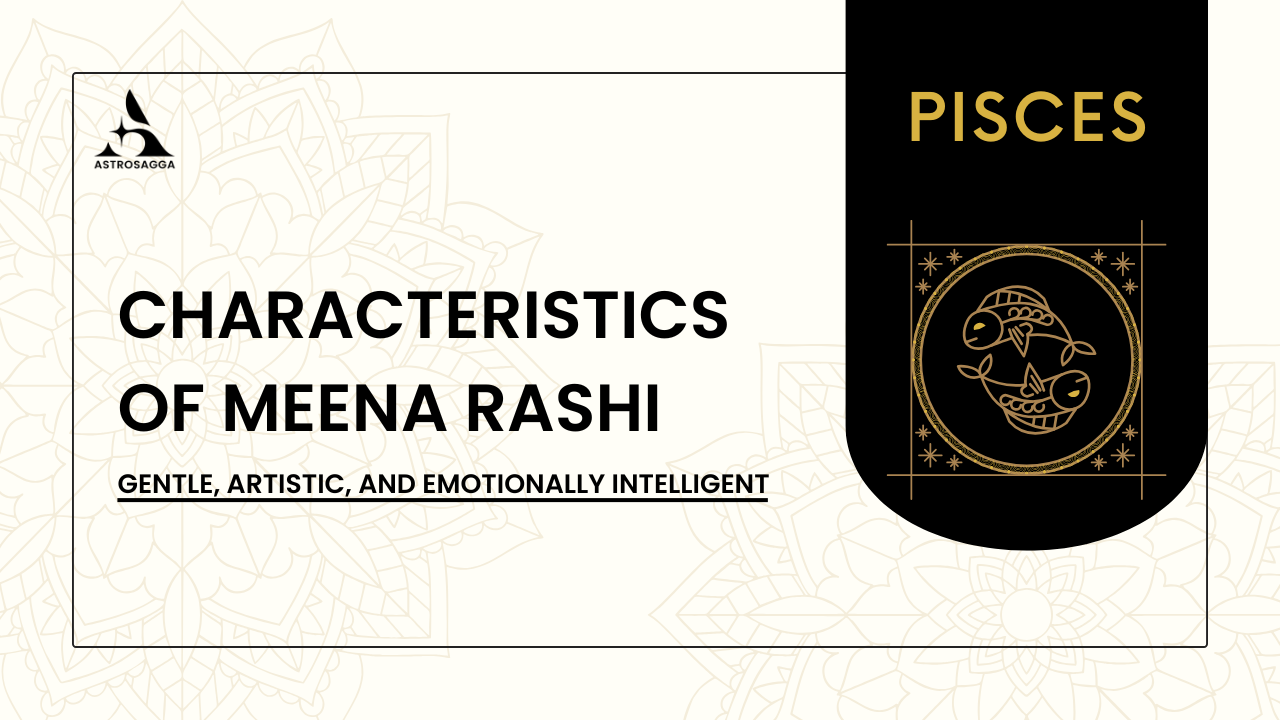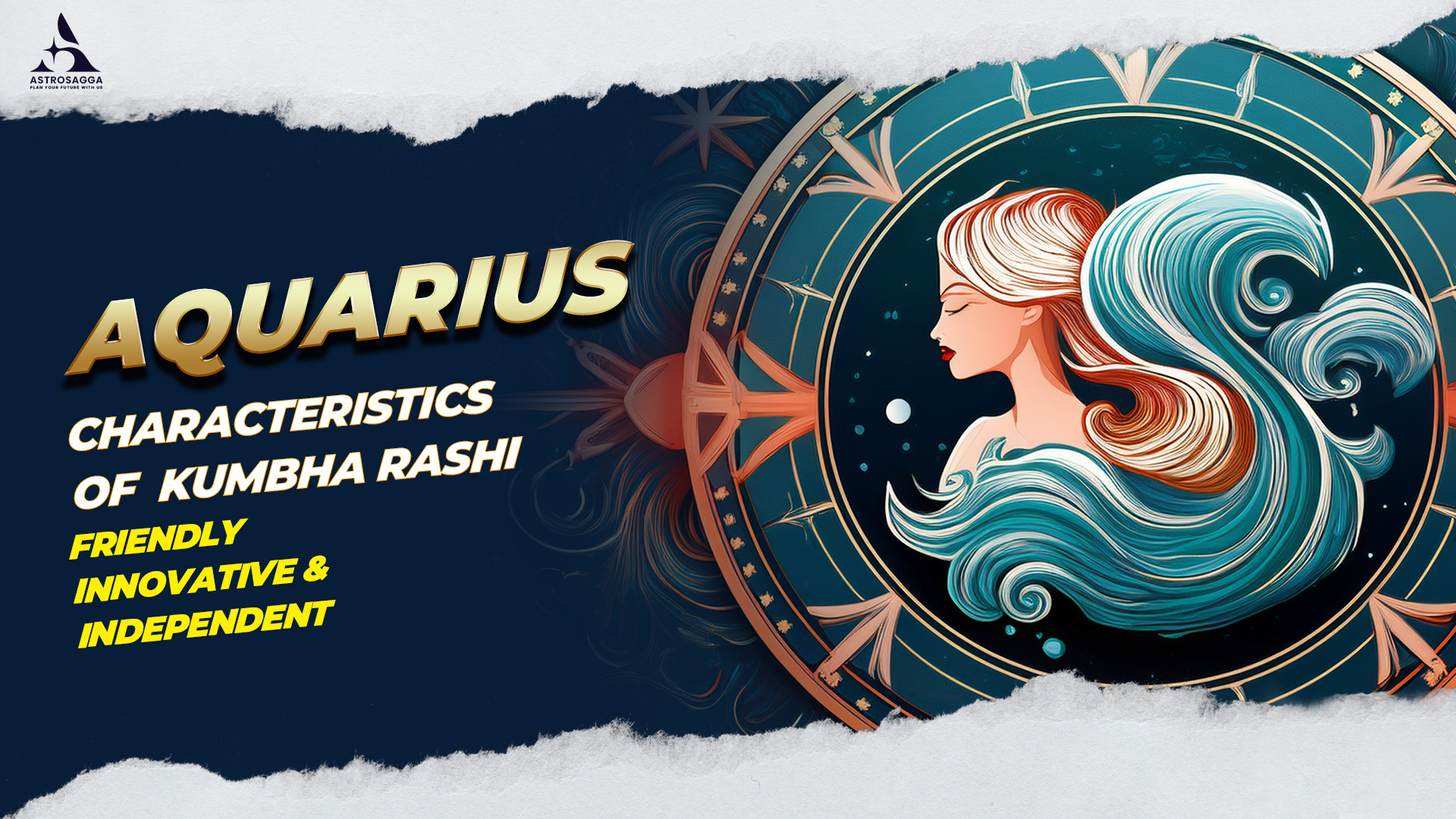Krishna Janmashtami, also known simply as Janmashtami, is one of the most significant and widely celebrated festivals in India. This day marks the birth of Lord Krishna, the eighth avatar of Lord Vishnu, who is revered for his divine teachings, playful nature, and heroic deeds. In 2024, Krishna Janmashtami will be celebrated with immense devotion and enthusiasm on August 26th.
Historical Background
Lord Krishna's birth is narrated in the epic Hindu scripture, the Mahabharata, and other texts like the Bhagavad Gita, the Bhagavata Purana, and the Harivamsa. According to these scriptures, Krishna was born over 5,000 years ago in the Dvapara Yuga. He was born to Devaki and Vasudeva in the city of Mathura, under dire circumstances, to fulfill a prophecy and restore dharma (righteousness).
The Story of Krishna's Birth
Devaki and Vasudeva were imprisoned by Devaki’s brother, the tyrant King Kansa, because a prophecy foretold that Devaki’s eighth son would kill him. Kansa had already killed six of Devaki's children and imprisoned the couple to prevent the prophecy from coming true. When Krishna was born, the prison was miraculously illuminated, the chains fell off, and the gates of the prison opened, allowing Vasudeva to carry the infant Krishna to safety across the Yamuna River to the house of his foster parents, Nanda and Yashoda, in Gokul.
Significance of Krishna Janmashtami
Krishna Janmashtami is not just about celebrating the birth of a divine figure but also about embracing the teachings and the values that Krishna embodied. Lord Krishna is known for his wisdom in the Bhagavad Gita, where he imparts profound philosophical and spiritual teachings to Prince Arjuna on the battlefield of Kurukshetra. These teachings are still relevant and inspire millions around the world.
Rituals and Celebrations
1. Fasting (Vrat): Devotees observe a fast on Janmashtami, which is broken only after midnight, the time of Krishna's birth. The fast is known as 'Nirjala Vrat,' where devotees refrain from consuming even water.
2. Abhishekam (Bathing the Deity): The idol of baby Krishna, also known as Bal Gopal, is bathed in a mixture of milk, honey, ghee, curd, and gangajal (holy water from the Ganges). This ritual is called Abhishekam and signifies the purification of the mind and soul.
3. Jhulanotsav (Swing Festival): Devotees place baby Krishna in a beautifully decorated swing and rock him gently, symbolizing the love and care that Yashoda and Nanda showed towards Krishna.
4. Dahi Handi: This is a popular and exciting event, especially in Maharashtra. A pot filled with curd, butter, and milk is hung high, and groups of young men form human pyramids to break the pot, reenacting Krishna's playful nature and his love for butter.
5. Midnight Celebration: At midnight, the exact time of Krishna's birth, devotees celebrate with joy and fervor. The temples are filled with the chanting of Krishna's names, singing of bhajans (devotional songs), and the blowing of conch shells.
6. Reading Scriptures: Devotees read and recite verses from the Bhagavad Gita, Bhagavata Purana, and other texts that narrate Krishna’s life and teachings.
Spiritual Teachings of Lord Krishna
Lord Krishna’s life and teachings offer profound insights into various aspects of life:
1. The Importance of Duty (Karma): In the Bhagavad Gita, Krishna emphasizes performing one's duty without attachment to the results. This principle, known as Nishkama Karma, encourages selfless action and dedication.
2. The Concept of Dharma: Krishna’s life exemplifies the importance of following one's dharma, or righteous path. He restored dharma by destroying evil forces and protecting the virtuous.
3. The Power of Devotion (Bhakti): Krishna’s interactions with his devotees, especially the gopis and Radha, highlight the significance of pure and unconditional love for God. This path of devotion, or Bhakti Yoga, is one of the main paths to attain spiritual liberation.
4. The Transience of Life: Krishna teaches that the soul is eternal and indestructible, while the physical body is temporary. Understanding this helps one to overcome the fear of death and focus on spiritual growth.
Krishna Janmashtami Across India
Krishna Janmashtami is celebrated differently across various regions of India:
1. Mathura and Vrindavan: These places hold immense significance as they are directly associated with Krishna's birth and childhood. The celebrations here are marked by reenactments of Krishna's playful and heroic deeds, and the entire region comes alive with decorations, processions, and devotional music.
2. Maharashtra: The Dahi Handi tradition is most prominent here. Teams of young men, known as Govindas, compete to break the high-hanging pots of butter, accompanied by cheering crowds and energetic music.
3. Gujarat: In Dwarka, the city where Krishna established his kingdom, Janmashtami is celebrated with grandeur. The Dwarkadhish Temple is beautifully decorated, and the idol of Krishna is adorned with new clothes and jewelry.
4. South India: In states like Tamil Nadu and Karnataka, devotees decorate their homes with kolams (rangoli), prepare special sweets like seedai and murukku, and chant devotional songs. In Kerala, the day is marked by reciting the Bhagavad Gita and other devotional activities.
5. West Bengal: In West Bengal, devotees observe fasting and engage in the singing of bhajans. The ISKCON temples in Mayapur and Kolkata witness grand celebrations with thousands of devotees participating.
Read Also - What is Vedic Astrology?
Modern-Day Celebrations
In contemporary times, Krishna Janmashtami is celebrated not only in India but across the world by the Indian diaspora and followers of Krishna. ISKCON (International Society for Krishna Consciousness) temples around the globe host elaborate celebrations with kirtans (devotional singing), dramas depicting Krishna’s life, and community feasts.
The use of digital media has also transformed the way Janmashtami is celebrated. Live streaming of temple festivities, virtual satsangs (spiritual gatherings), and online recitations of Krishna’s stories allow devotees to participate from anywhere in the world.
Preparations for Krishna Janmashtami 2024
As Krishna Janmashtami 2024 approaches, preparations will begin well in advance. Temples and homes will be decorated with flowers, lights, and intricate rangolis. Devotees will prepare a variety of sweets and delicacies, including Krishna’s favorites like makhan (butter) and peda. Special bhajans and kirtans will be practiced to create a spiritually uplifting atmosphere.
Conclusion
Krishna Janmashtami is a festival that transcends mere celebration; it is a time to reflect on the timeless teachings of Lord Krishna, embrace the values of love, duty, and devotion, and find spiritual rejuvenation. As we celebrate Janmashtami in 2024, let us immerse ourselves in the divine love of Krishna and strive to live a life guided by his wisdom and grace. Whether through fasting, singing, dancing, or simply contemplating his teachings, Krishna Janmashtami offers a profound opportunity to connect with the divine and experience the joy of devotion.
May the blessings of Lord Krishna bring peace, prosperity, and happiness to all on this auspicious occasion of Krishna Janmashtami 2024. Jai Shri Krishna!


